Search
Showing results for "early life"
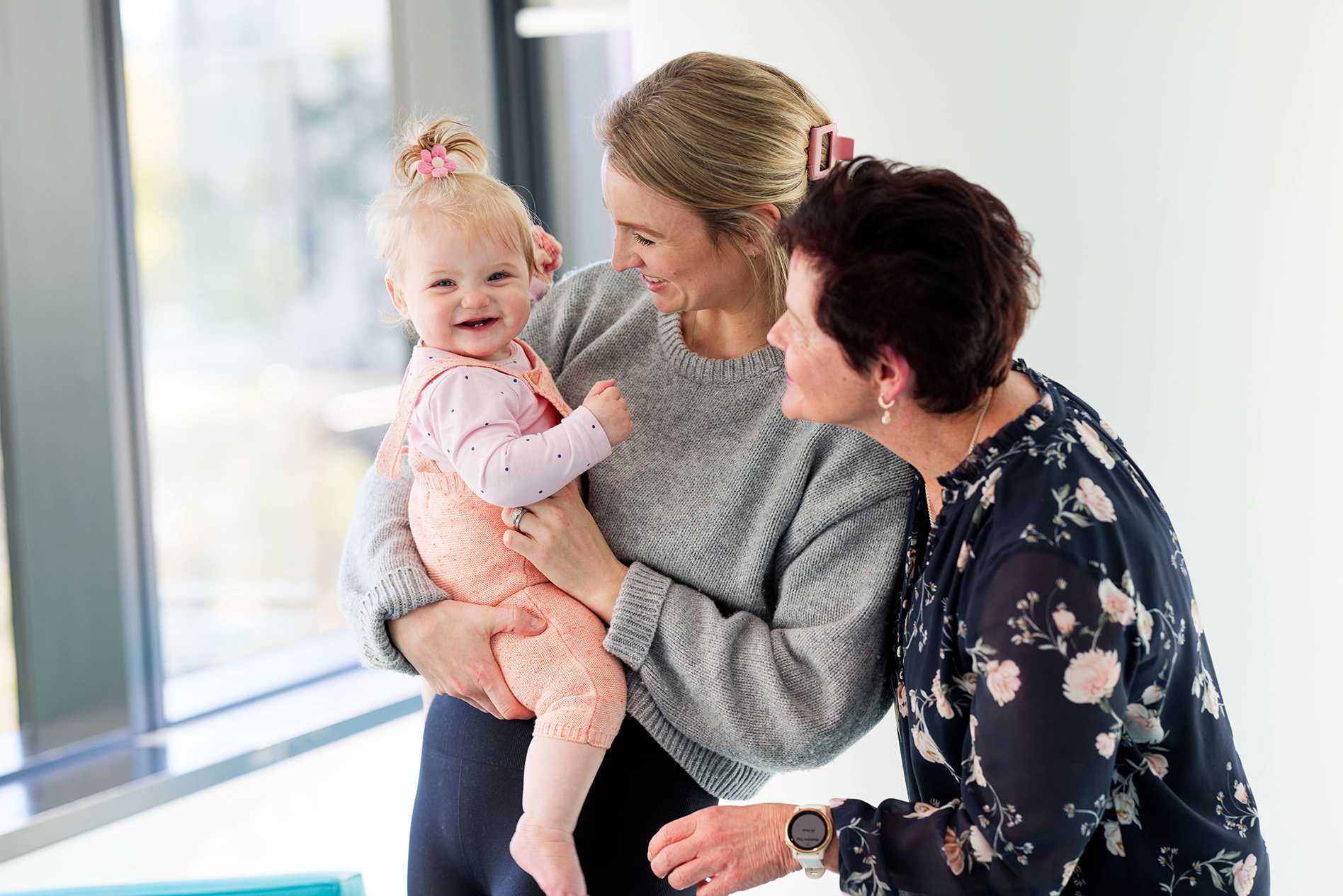
Research
Respiratory Syncytial Virus (RSV)RSV hospitalises millions of babies worldwide every year: our research is helping to change that.
Research
BronchiolitisBronchiolitis is a respiratory infection, usually occurring in babies under six months of age. It causes them to wheeze and can lead to pneumonia. Researchers are focusing on vaccines against the virus which commonly causes it.
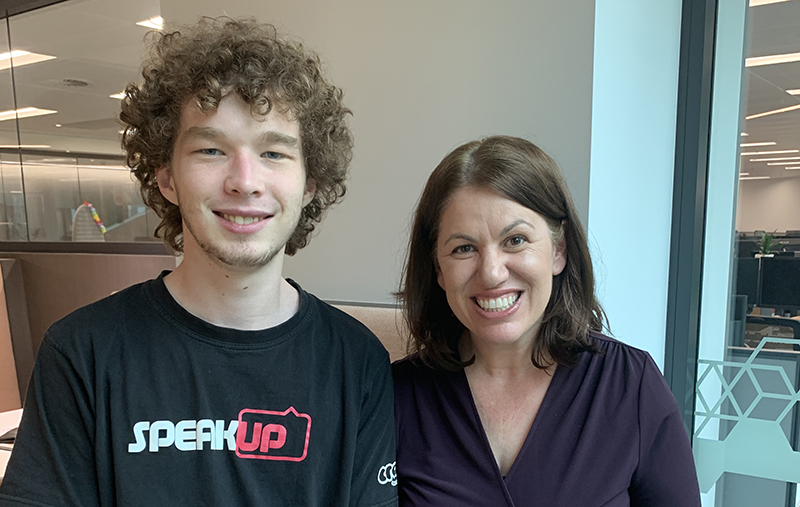
News & Events
Report showing poor outcomes for young people who’ve been in out-of-home care underscores need for more supportA The Kids report which found young people leaving foster care are in desperate need of more help transitioning to adulthood has lent strength to a national push to extend formal support to the age of 21.
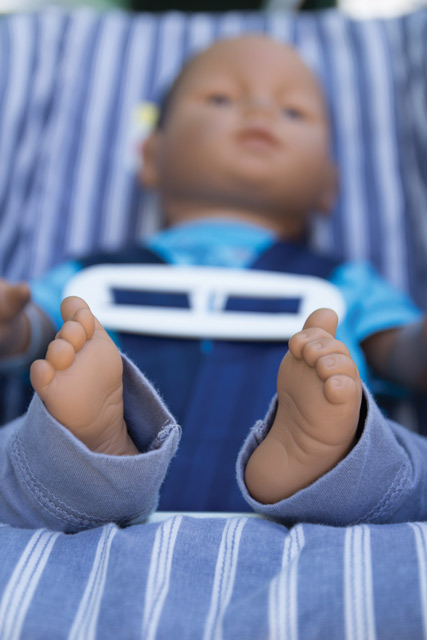
News & Events
Robot babies increase teen pregnancy ratesThese infant simulators are given to high school students to take care of as part of a teen pregnancy prevention program known as Virtual Infant Parenting.
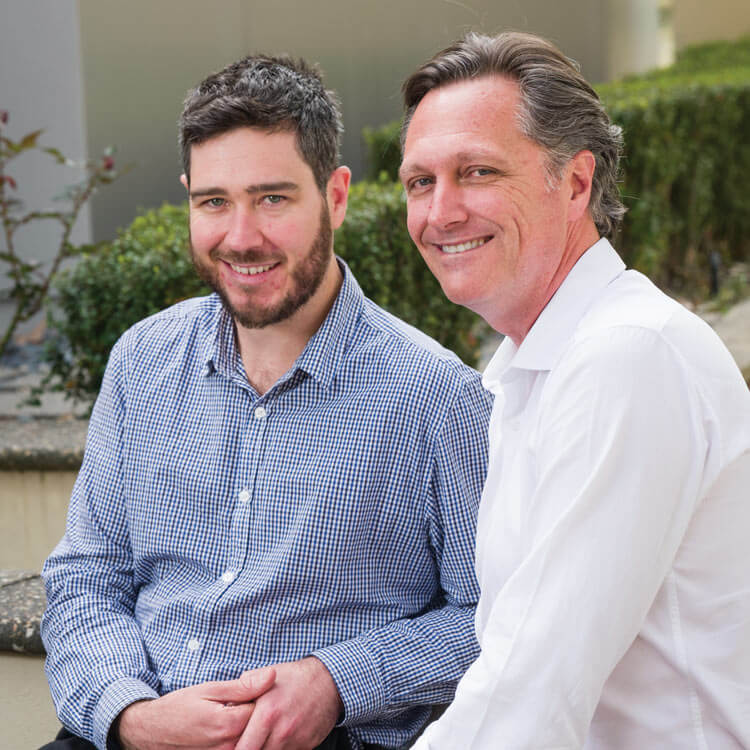
What does BHP know about medical research? More than you might imagine!
Research
Children's CancersCancers in children are very different from cancers in adults - in most cases they appear to strike simply at random. They also develop differently and can spread more rapidly and aggressively. And because cancers in children are not obviously linked to their lifestyles, much work is needed to pinpoint their cause.
Find newsletters, guidelines, publications and videos in the one spot.
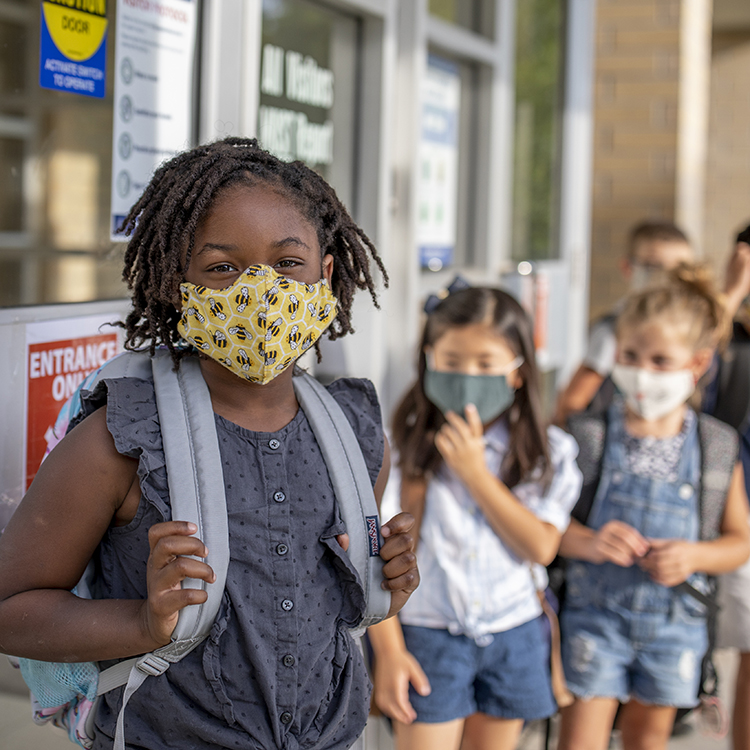
While COVID-19 is new and frightening, these resources are designed to help families tackle the challenges this virus has created for us.

Some of the more common questions about the LiLO study
Find out how to participate in our research and community group
